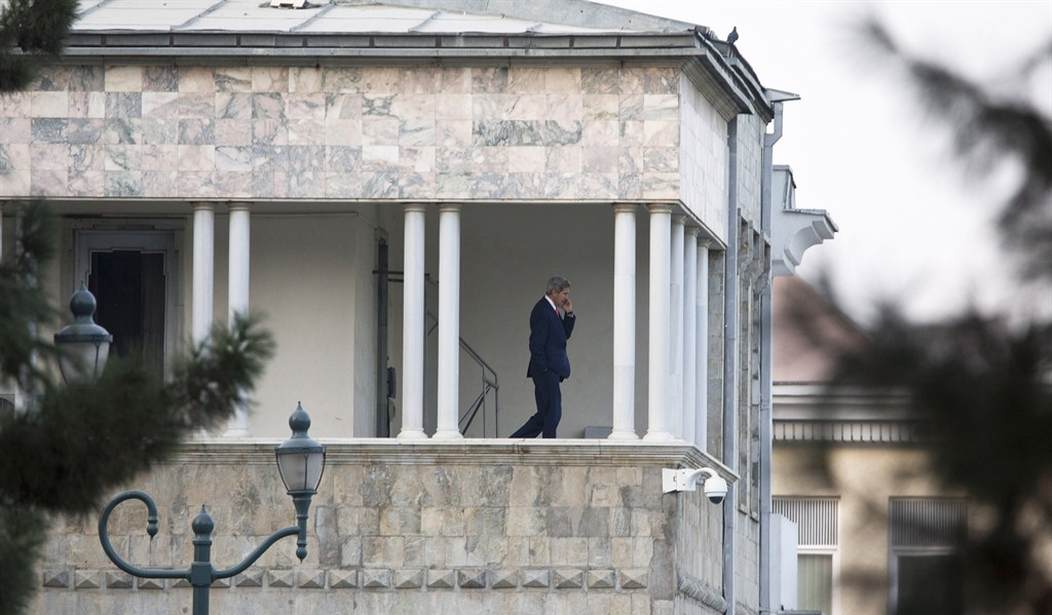According to a report from the Special Inspector General for Afghanistan Reconstruction, John Sopko, the $14.6 million hospital USAID is funding in Afghanistan is a massive management failure.
In addition to paying 100 times the market amount for gas, USAID's contractor failed to catch other major problems with the project such as the fact that the Afghan government may not be able to afford running the facility upon completion.
By omitting proper invoices, a local contractor was able to overcharge for fuel by 9,900%.
Again: 9,900% overspent US taxpayer dollars! 9,900%.
The hospital is already almost two years behind schedule and has already exceeded the originally proposed budget by more than $1 million. Because it is 5 times more expensive to run than the hospital it is replacing, USAID should have checked with Afghanistan's Ministry of Public Health beforehand to make sure it could handle the costs. Instead, US money is moving forward on a project that is likely unsustainable once the Americans leave.
The worst part of the whole debacle is that oversight mechanisms were supposedly put in place years ago with the "Accountable Assistance for Afghanistan" and "Compliance and Oversight of Partner Performance" programs, presented by Secretary of State John Kerry himself. That initiative was created to ensure the creation of rigorous documentation and the prevention of egregious project abuses like the Afghanistan hospital. Instead, watchdog leaders like Sopko are working overtime to hold USAID and the State Department accountable.
The government must answer to American taxpayers for the simple fact that their dollars are being carelessly wasted abroad more than ever. Much of the damage has already been done, but the report suggests two steps moving forward to recover the losses:
Recommended
SIGAR recommends that the USAID Mission Director (1) seek reimbursement from IOM of the $507,000 in overpayments for diesel fuel and temperature control devices; and (2) conduct a detailed financial audit of the costs associated with construction of Gardez Hospital to determine whether there are additional overpayments that need to be returned to the U.S. government. In commenting on an earlier draft of this report, USAID concurred with the second recommendation, and stated that it intends to conduct a financial audit of the costs associated with this activity. USAID also stated that, pending the results of this audit, it would recover any contractor payments, if appropriate, in accordance with SIGAR’s first recommendation.
So at least USAID has agreed to take Sopko's advice and undergo a full financial audit to asses the damage.
It is unclear how or if they will follow up on recovering any estimated losses, which will likely be difficult due to the lack of a proper paper trail. It is also unclear if USAID or the State Department will implement any system changes or oversight enhancements to prevent a similar fiasco in the future.

























Join the conversation as a VIP Member